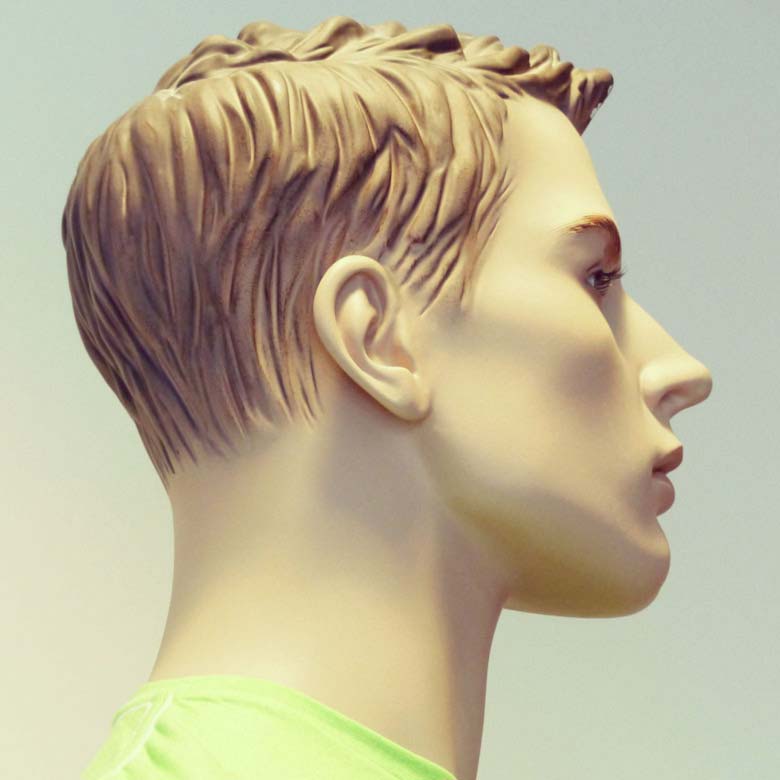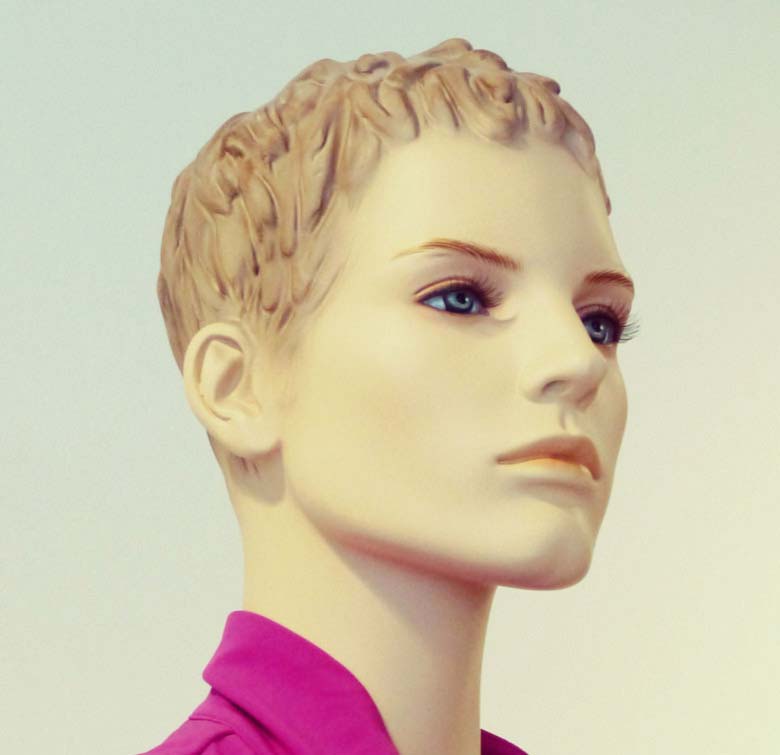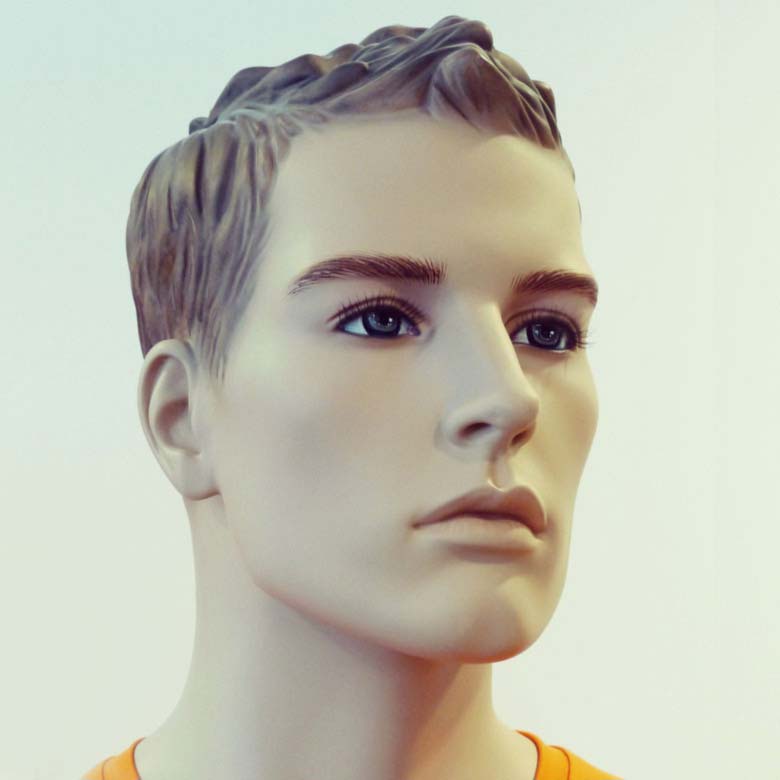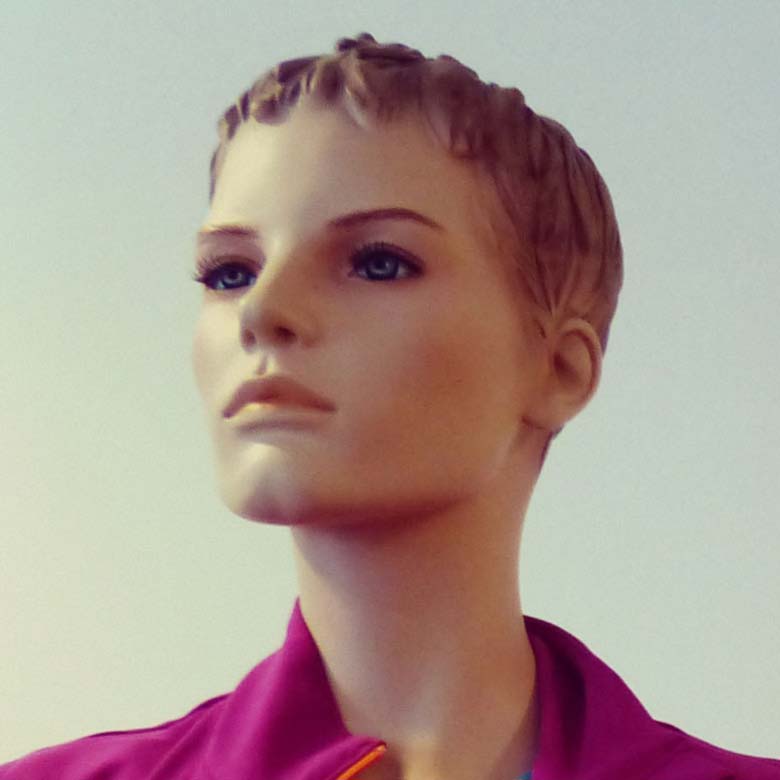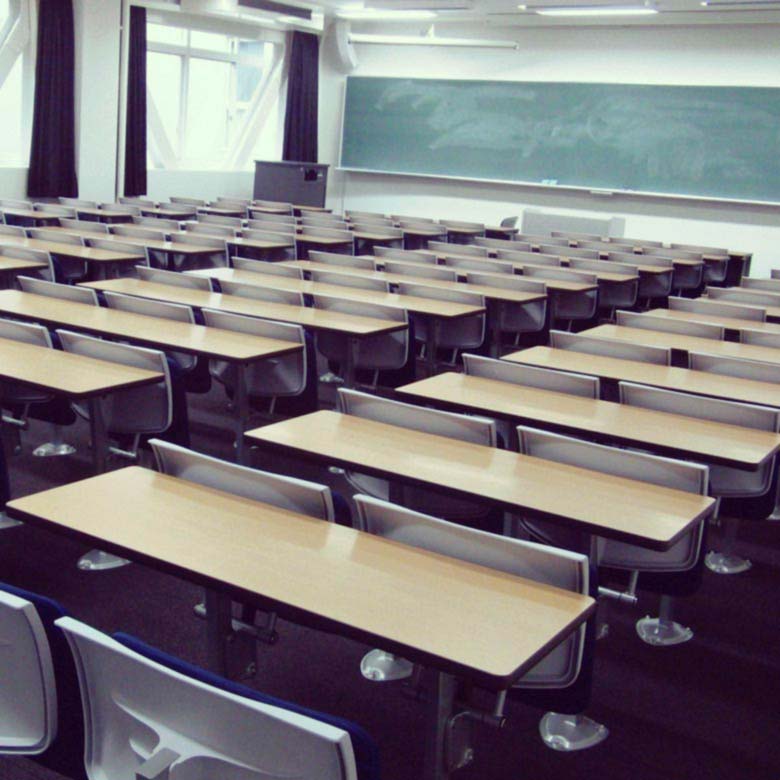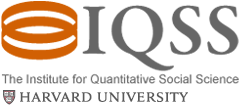Organizers
Albert-László Barabási: László is Robert Gray Dodge distinguished Professor at Northeastern University, where he directs the Center for Complex Network Research, and holds appointments in the Departments of Physics, Computer Science and Biology, as well as in the Department of Medicine, Harvard Medical School and Brigham and Women Hospital, and is a member of the Center for Cancer Systems Biology at Dana Farber Cancer Institute. A Hungarian born native of Transylvania, Romania, he received his Masters in Theoretical Physics at the Eötvös University in Budapest, Hungary and was awarded a Ph.D. three years later at Boston University. Barabási latest book is "Bursts: The Hidden Pattern Behind Everything We Do" (Dutton, 2010) available in five languages. He has also authored "Linked: The New Science of Networks" (Perseus, 2002), currently available in eleven languages, and is the co-editor of "The Structure and Dynamics of Networks" (Princeton, 2005). His work lead to the discovery of scale-free networks in 1999, and proposed the Barabasi-Albert model to explain their widespread emergence in natural, technological and social systems, from the cellular telephone to the WWW or online communities.
Pierre Deville: Pierre is a PhD student at the Institute of Information and Communication Technologies, Electronics and Applied Mathematics (ICTEAM) at the University of Louvain in Belgium under the supervision of Prof. Vincent Blondel. He is currently also a research scholar at the Center for Complex Network Research (CCNR) at Northeastern University in Boston under the supervision of Prof. Albert-László Barabási. He holds a BSc and MSc in Computer Science Engineering and Applied Mathematics from the University of Louvain in Belgium. His research lies in the intersection of Network Science and Big Data analysis, focusing on the analysis of the structural and statistical properties of self-organised systems such as social networks, human dynamics or knowledge production.
David Lazer: Professor Lazer is a member of both the College of Computer and Information Science and the Department of Political Science. Before joining the Northeastern faculty in fall 2009, he was an associate professor of public policy at Harvard’s John F. Kennedy School of Government and director of its Program on Networked Governance. He holds a PhD in political science from the University of Michigan. Lazer’s research centers focus on social networks; governance, or how the patterns of institutional relations yield functional or dysfunctional systems; and technology and its use in communication. An authority on social networks, he has written several papers on the diffusion of information among interest groups and between these groups and the government. He is the co-editor of Governance and Information Technology: From Electronic Government to Information Government and also written extensively on the use of DNA in the criminal justice system.
Roberta Sinatra: Roberta is currently a postdoctoral research fellow at the Center for Complex Networks Research (CCNR), Northeastern University. She is a theoretical physicist working at the forefront of network science, developing novel theoretical methods and analyzing empirical data sets on human behavior and biological processes. Her research projects span topics as diverse as random walks and human mobility on networks, to quantifying human behavior during cooperative games by EEG measurements. Currently, she spends particular attention on the analysis and the modeling of information and dynamics that lead to the collective phenomenon of success. Roberta completed her undergraduate and graduate studies in Physics at the University of Catania, Italy, and spent time as a visiting research student at the University of Zaragoza (Spain), at the Imperial college and at the Queen Mary college in London (UK), and at the Medical University of Vienna (Austria). She has won several awards and grants, in particular a 2-years fellowship for post-doctoral studies in complex systems by the James S. McDonnell Foundation.
Burcu Yucesoy: Burcu is a post-doctoral research associate working in the Center for Complex Network Research.
Her research interests lie in applying methods of statistical physics to the huge amounts of data made readily available by the internet and other recent technological advances, in the hopes of understanding different aspects of human behavior.
She is currently investigating the relationship between individual performance and collective recognition as the two faces of success in the world of professional sports.
She got her Ph.D. in 2013 form University of Massachusetts Amherst, in physics, and her previous research was mainly focused on Monte Carlo simulations of statistical models, especially spin glasses.


